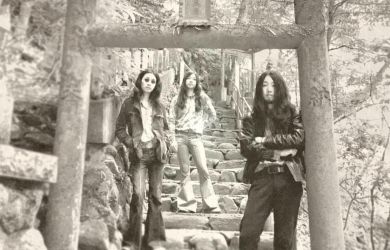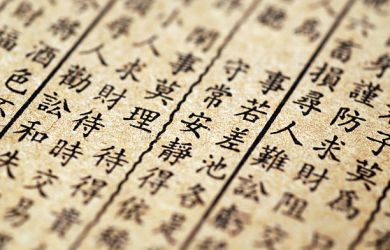By Rob Schwartz
After the Storm
Touching and eminently realistic portrayal of a man down on his luck
June 20, 2016
Donald Richie, the great, late writer about Japan and its films, championed Japanese directors from the golden era of its cinema in the 1950s (Yasujiro Ozu, Mikio Naruse, Akira Kurosawa, et al), the new wave of the 1960s and ‘70s (Shohei Imamura, Nagisa Oshima, Kon Ichikawa, et al), and even a few from the 1980s (Sogo Ishii). He was, however, not much taken with most of the directors who made their fame during the 1990s and onwards, save one auteur, Hirokazu Kore-eda.
Kore-eda leapt on to the scene in 1995 with the brilliant and understated Maborosi, and has since then consistently made touching, expertly crafted work that often adopts themes like family, responsibility, and fate. Sometimes reminiscent of two of Richie’s favorite directors, Ozu and Naruse, Kore-eda’s newest flick would no doubt have pleased Donald as much as his past productions had.
Ryota (Hiroshi Abe) is a prize-winning author who has not produced anything for more than 15 years. He’s forced to take on sleazy detective work to earn money, but a gambling addiction sees him waste even that, despite the fact he has an 11-year-old son, Shingo (Taiyo Yoshizawa), and alimony to pay to his ex-wife Kyoko (Yoko Maki).
Knowing the boy is slipping out of his life, Ryota makes a weak attempt to win him back by promising to buy him a new baseball glove. When even that goes awry, his monthly visit leads him to his aging mother (Kirin Kiki) and eventually to a heart-to-heart with the boy, brought on by a typhoon.
Touching and eminently realistic, the film captures the struggles of a less-than-successful man, the desire to reunite one’s family, and the father-son dynamic. This is another tour de force by Japan’s leading living director Hirokazu Kore-eda. Japanese title: Umi Yorimo Mada Fukaku (117 min.)





